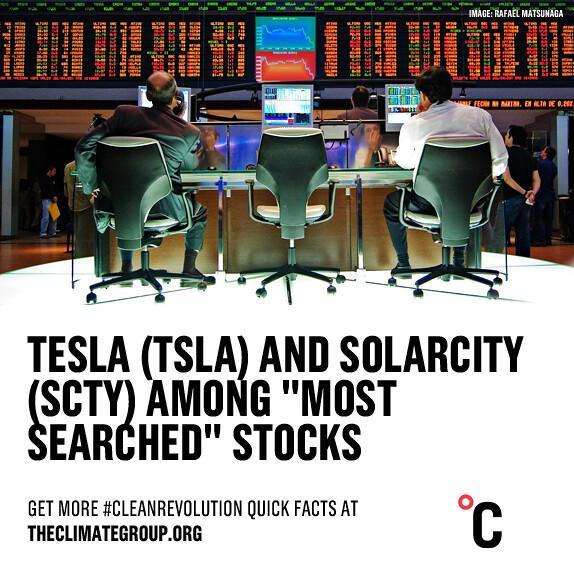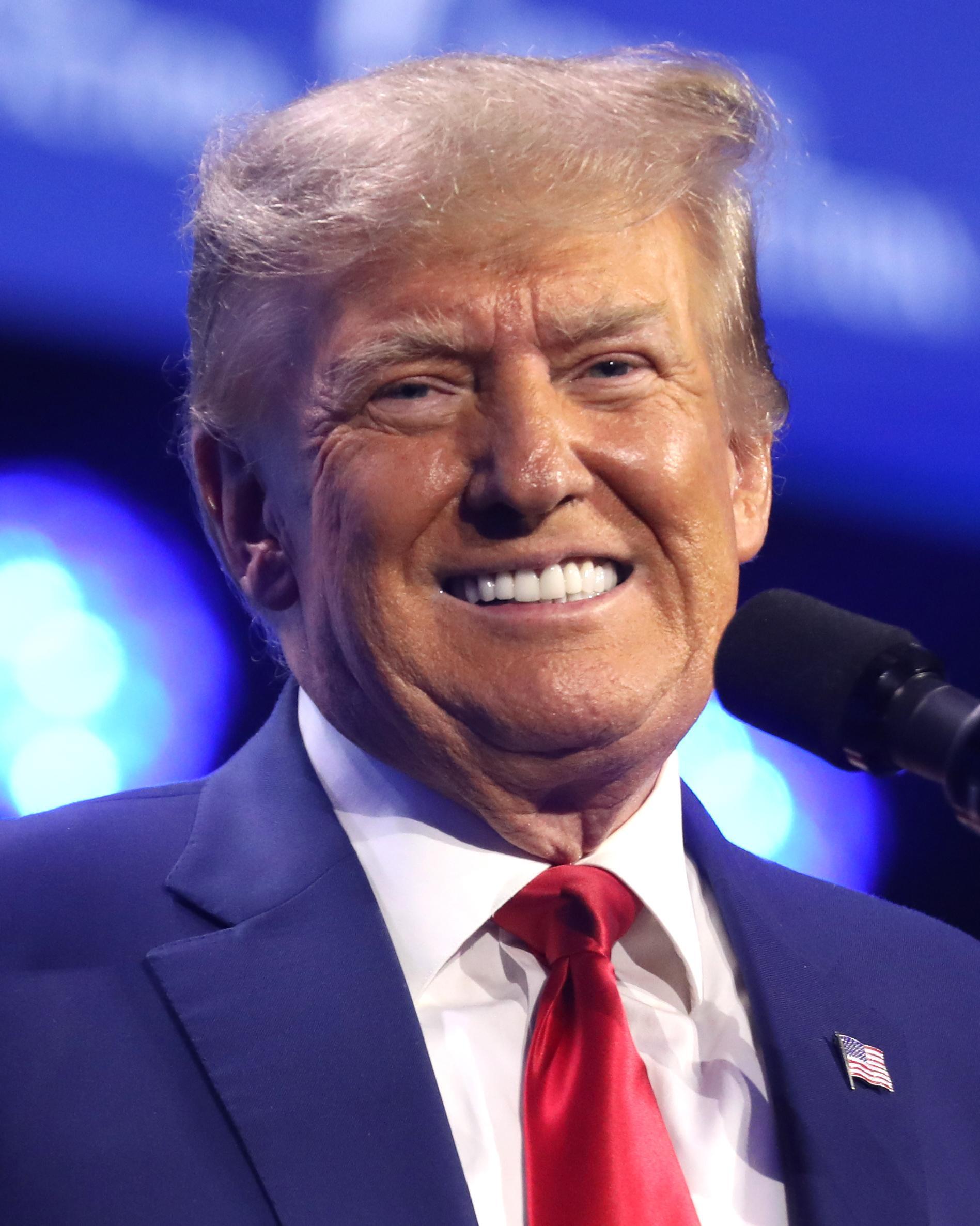

Navigating the Waters of International Compliance: Gunvor's $661 Million Settlement
A Landmark Resolution in the Commodities Trading Arena
In a significant development that underscores the importance of corporate compliance and ethical conduct in international trade, the Geneva-based commodities trading firm, Gunvor, has announced a monumental $661 million settlement with both U.S. and Swiss legal authorities. This settlement comes in the wake of allegations and subsequent convictions related to the bribery of foreign officials within Ecuador's petroleum sector.
The Crux of the Matter: A Failure in Preventative Measures
The heart of the issue, as identified by the Swiss attorney general's office, was Gunvor's lack of "reasonable and necessary organizational measures" to deter its employees from engaging in bribery within Ecuador. This lapse in corporate governance spanned a period of four years, commencing in February 2013, and has led to significant legal and financial repercussions for the firm.
The Financial Implications: A Breakdown of the Settlement
The U.S. Federal Court in Brooklyn, under the gavel of Judge Vitaliano, has mandated Gunvor to disburse a criminal penalty exceeding $374 million, alongside the forfeiture of over $287 million in profits deemed to be illicitly acquired. This directive underscores the gravity of the firm's misconduct and its financial ramifications.
Acceptance and Accountability
In a statement released on Friday, Gunvor has openly acknowledged the wrongful actions of certain former agents and employees, clarifying that these individuals had been severed from the company well before the initiation of the U.S. investigation. By pleading guilty in the federal court in New York, Gunvor has taken a step towards accepting responsibility for these past misdeeds.
The Underlying Scheme and Its Profits
The investigation revealed that the bribery scheme orchestrated by Gunvor led to the unjust awarding of two oil-related contracts by the state-run Petroecuador to the firm. This corrupt practice enabled Gunvor to amass profits in excess of $384 million, highlighting the scale of the financial advantage gained through unethical means.
Broader Implications and Convictions
The U.S. legal system has previously secured convictions against four individuals associated with Gunvor on charges related to money laundering. These include former consultants and employees of Gunvor, as well as a high-ranking official from Petroecuador, illustrating the widespread nature of the corruption scheme.
The Impact on Public Trust and International Cooperation
FBI Special Agent-in-Charge Jeffrey Veltri emphasized the detrimental effects of Gunvor's bribery scheme on both the business landscape and public trust in government. He also highlighted the extensive international cooperation that played a pivotal role in unraveling the scheme, with contributions from authorities across multiple countries.
Gunvor's Origins and Evolution
Founded by oil traders Gennady Timchenko of Russia and Torbjörn Törnqvist of Sweden, Gunvor has navigated through significant changes over the years. Notably, Timchenko divested his shares to Törnqvist in 2014, ahead of anticipated sanctions related to Russia's actions in Ukraine, marking a pivotal moment in the firm's history.
Reflecting on the Settlement and the Path Forward
This settlement marks a critical juncture for Gunvor and serves as a stark reminder of the importance of robust compliance measures in the global trading sector. As the firm moves forward, the lessons learned from this episode will undoubtedly influence its approach to corporate governance and ethical business practices.
In the broader context, this case highlights the ongoing challenges and complexities faced by multinational corporations in navigating the intricate web of international laws and regulations. It underscores the necessity for companies to invest in comprehensive compliance frameworks to prevent similar issues and foster a culture of integrity and transparency.
Discover More About This Development

Can the $661 million settlement serve as a deterrent for future corruption in the oil sector and other industries?
Understanding the Landmark $661 Million Bribery Settlement by a Geneva-based Oil Trader
In an unprecedented turn of events, a Geneva-based oil trader has agreed to a colossal $661 million settlement in a bribery case involving US and Swiss authorities over its dealings in Ecuador. This development marks a significant milestone in the global fight against corruption, especially within the oil industry. Let's delve into the details of this historic legal settlement and explore its implications for the sector and beyond.
The Context: Bribery in the Oil Industry
Bribery and corruption have long shadowed the oil industry, affecting economies and tarnishing the sector's reputation. Multinational companies often find themselves navigating complex networks of local politics and power dynamics, sometimes crossing ethical and legal boundaries to secure lucrative contracts. The case of the Geneva-based oil trader shines a spotlight on these murky practices, uncovering the ripple effects of corruption on global commerce and governance.
How the Case Unfolded
The specifics of the case reveal a tangled web of illicit payments made to secure oil trading advantages in Ecuador. The oil trader, leveraging intermediaries, funneled millions of dollars to high-ranking officials within the Ecuadorian state-run oil company. These bribes were intended to undermine fair competition and inflate contract values, all to the detriment of the Ecuadorian populace and competitive market principles.
Breaking Down the $661 Million Settlement
The $661 million settlement comprises several components, each addressing different aspects of the illicit activities. It not only serves as a penalty for past actions but also aims to deter similar practices in the future. Here's a closer look at how the settlement is structured:
Financial Penalties: A significant portion of the settlement amount is directed towards financial penalties, reflecting the gravity of the violations and serving as a stark deterrent.
Compliance and Oversight Measures: Part of the agreement includes stringent compliance and oversight mechanisms to prevent future breaches, ensuring the oil trader adheres to ethical business practices.
Restitution to the Affected Parties: A component of the settlement is earmarked for restitution, providing some form of redress to the affected parties, notably the Ecuadorian state and its citizens.
Implications for the Oil Industry and Beyond
This landmark settlement sends a powerful message to multinational corporations, especially within the resource extraction sectors. Here are the key takeaways and their implications:
A Warning Against Corruption: The size and scope of the settlement underscore the increasing global intolerance for corruption. It serves as a cautionary tale to companies that unethical practices will not only be exposed but also met with severe penalties.
Increased Transparency and Compliance: As part of the aftermath, we're likely to see enhanced transparency and compliance measures across the industry. Companies will be motivated to overhaul their governance structures to avoid similar scandals.
- Shift Towards Ethical Practices: This case could catalyze a shift towards more ethical practices within the oil industry and similar sectors. A reputational overhaul might be on the horizon, with a greater emphasis on sustainable and responsible operations.
Conclusion: A New Chapter in Corporate Accountability
The Geneva-based oil trader's settlement with US and Swiss authorities marks a significant milestone in corporate accountability and the fight against corruption. It not only highlights the need for stringent oversight but also sets a precedent for how similar cases might be handled in the future. As the dust settles, the focus now shifts towards the long-term impact of this settlement on the industry's ethical standards and practices.
By understanding the nuances of this case and its broader implications, stakeholders across the spectrum can better navigate the complexities of modern corporate governance. This development offers valuable lessons in compliance, ethical business conduct, and the importance of transparency, serving as a roadmap for companies committed to operating with integrity in the global marketplace.










